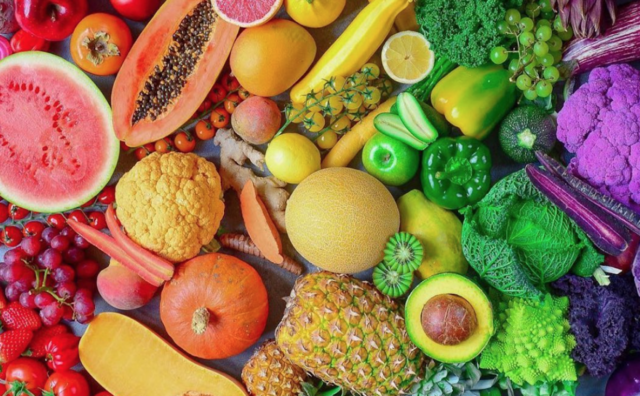
Sleep.
Yes, you’ve heard it before but it’s really true. Studies show that people who don’t get enough sleep are more likely to get sick and take longer to recover if they do become ill. Getting a solid 7-9 hours of sleep per night will not only help your immune system function at its best, but also boost your metabolism and your mood.
Exercise, in moderation.
Many studies have shown that regular, moderate exercise (such as brisk walking) improves immunity. There are several theories as to why this may be, including an increase in circulation, more efficient movement of the lymphatic system, and stress reduction. Try to get at least 30 minutes of moderate exercise, like brisk walking or bike riding, most days in a week. More strenuous exercise isn’t necessarily good for immunity, as it can deplete the body’s resources.
Hydrate.
Proper hydration plays a role in optimizing nearly every function of the body. Dehydration also contributes to fatigue and reduces metabolism. Aim for around 8-10 glasses of water per day, more if you’re exercising or in hot weather. Remember, there is such a thing as too much water, though it’s hard to actually drink that much, so keep it reasonable.
Get enough Vitamin C.
Taking Vitamin C is a simple and very inexpensive way to support your immune system. Deficiency lowers immunity and greatly increases susceptibility to infections of all kinds, viral, bacterial and fungal. Vitamin C is also a potent antioxidant and supports a great number of cellular functions essential to the immune system and has been shown to especially support lung function. Citrus fruits and tomatoes, along with many other fruits and vegetables, are good sources of the vitamin. Supplements are also available at very low cost. Individual needs range from 75mg – 125mg of Vitamin C per day.
Deficiency in Vitamin D is associated with greater susceptibility to infection. Many adults and children are deficient in the vitamin due to low sun exposure and inadequate amounts of the vitamin in the diet. Most people can achieve sufficient vitamin D levels with 5 minutes a day full open air sun exposure to the hands and face (alas, sunlight filtered through a window doesn’t work). Good dietary sources of Vitamin D include fatty fishes like salmon or mackerel, cheese, egg yolks, and with vitamin D fortified foods such as orange juice and dairy products. Oral supplements are also widely available and low-cost. Adults typically need between 600 and 800 IUs per day, but needs can vary, so be sure to consult your doctor. It’s also possible to have too much Vitamin D, so follow your doctor’s recommendations and don’t overdo it!
These simple, free or low-cost interventions can make a powerful difference in your health. Consult your health care provider before starting any new exercise program or supplements.



